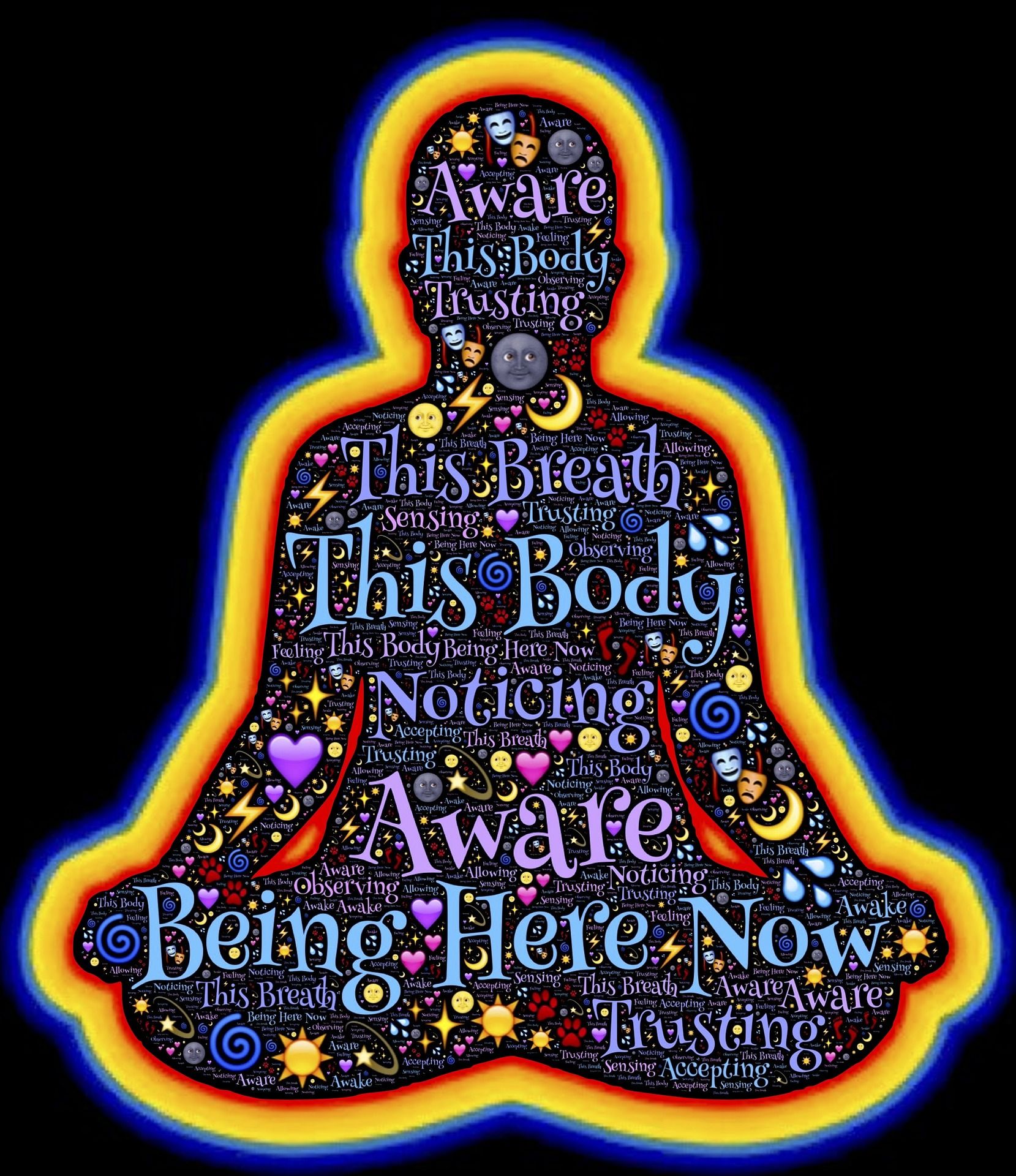Embodied cognition, the premise that we think and feel with our bodies, is making science sit up and notice. For much of history it was assumed that thoughts and emotions originated in the brain, with our sensory and motor systems’ job limited only to the tasks of input and output. The theory of embodied cognition states that our behavior is sourced from more than just the brain. The brain is only one component in the wider system of perception of our world and the resulting behavior from that perception. Our nervous system is another component. Working together, they help us process our world view.
While the rest of the world is discovering this phenomenon, we who are highly sensitive know all too well that our sensitive nervous system affects our perceptions and behaviors. Here are some of the ways we perceive our world differently due to a sensitive nervous system.
Environmental and Emotional Perception
Being moved to tears by an emotional or empathetic experience when it does not affect someone with a typical nervous system in that way. The instantaneous effect on your body. Bright lights, strong smells, easily hurt and easily stimulated, fabrics that rub you the wrong way. The body feels the emotion, feels the reaction.
Enhanced Fight or Flight Mechanism
The fight or flight response to stress affects all of us. But in my experience, it is present in colossal form in the HSP. Our reactions are magnified and more intense. Our sensitive nature picks up more complex subtleties and nuances that fuel the biochemicals that trigger the response.
Feeling Another’s Emotional and/or Physical State
If I see another person stub their toe or hit their elbow on a corner of the door, it sends a physical sensation into that area of my body. The sensation for me is not pain in the sense that the person experiencing the phenomena is. It is a strange and different feeling from when I experience that same impact on myself. I feel the pain without the physical hurt. I jump or flinch just the same, and the pain sensation travels the same nerve path, but without the pain itself.
This is my own perception and reaction. But other HSPs experience similar states. It is not a state of mind, it is a whole-body sensation.
Sensation from a Rich and Complex Inner Life
Thoughts and internal reflections in an HSP are felt so profoundly that they produce bodily responses: flushes, prickled nerve endings, an involuntary reflex. The reflection so ingrained within the nervous system that there is no outside stimulus at all. It is simply internal. The interaction of the brain and nervous system is wholly responsible for sensation.
Scientific breakthroughs in embodied cognition are beginning to shed light on a highly sensitive person’s differences that are as of yet still unknown to many folks with normal nervous systems. As HSPs we’ve known all along how intimately we think with our bodies in collaboration with our minds. We experience it every moment of the day.
Copyright 2021, Monica Nelson


